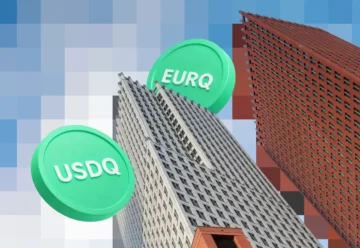Crypto Scammers Laundered Over $2 Billion Via DEXs in Three Years

Wash trading has accounted for about 13% of trading volume on decentralized crypto exchanges (DEX) since 2020. Scammers have manipulated more than 20,000 cryptocurrencies worth over $2 billion in three years.
According to Solidus Labs, 67% of liquidity pools (LP) on DEXs based on the Ethereum network have engaged in wash trading since September 2020, manipulating prices and trading volumes of over 20,000 tokens. Fraudsters laundered about $2 billion in three years due to wash trading.
The report shows that wash trading accounted for about 13% of the total trading volume of the pools studied. Scammers conducting wash trading pursued various goals, such as:
- scam projects thus created the illusion of activity before a rug pull;
- speculators tried to boost interest in upcoming airdrops;
- trading platform operators attracted investors and users by reporting higher trading volumes.
Asaf Meir, Founder and CEO of Solidus Labs, says that wash trading for market manipulation purposes is a substantial problem in the cryptocurrency industry, especially at a time when the crypto market is under regulatory scrutiny. Various types of manipulation exist in TradFi, but unlike the crypto market, such violations are easy to identify and holding fraudsters accountable is possible. According to Meir, the liquidity of cryptocurrencies is often split between different centralized and decentralized exchanges, leading to a sort of fragmentation and opening up opportunities for various kinds of manipulation, including wash trading. There’s also an open question as to what kind of liability for such actions can be incurred by fraudsters as a clear legal framework for crypto market regulation hasn’t been created yet.
The Solidus team selected 30,000 liquidity pools on DEXs in the Ethereum ecosystem. The analysts emphasized that the data they obtained is indicative as the LPs studied represent only 1% of all pools by number and 0.3% of all pools by volume in the ecosystem. Therefore, the real volume of wash trading on DEXs is probably an order of magnitude higher than indicated in the report.
After the SEC accused Binance and Coinbase of illegal securities trading, trading volumes on DEXs jumped dramatically.











